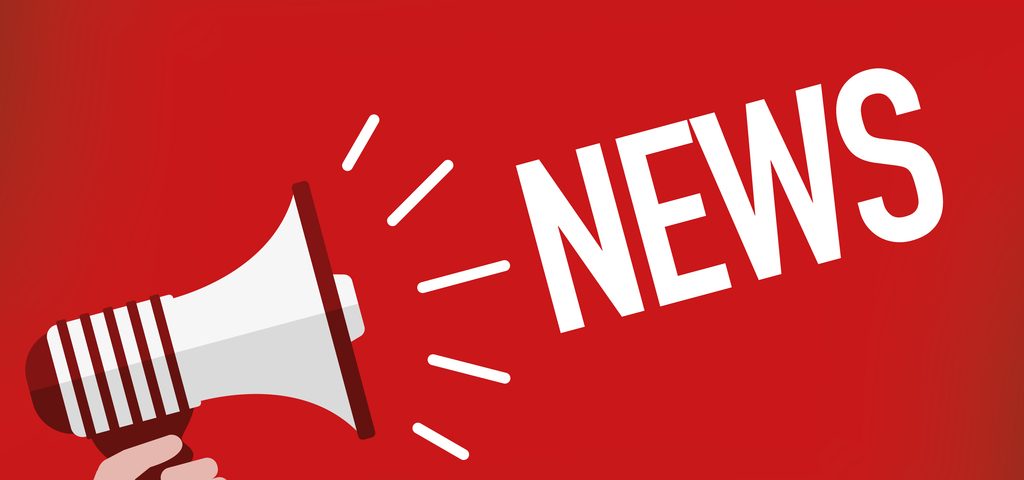Starting on Jan. 6, physicians in England will be able to prescribe the oral cannabidiol solution Epidyolex, in combination with clobazam, to treat persistent seizures in eligible people with Lennox Gastaut syndrome (LGS) and Dravet syndrome.
The announcement by the United Kingdom’s (UK) public National Health System (NHS) follows the recommendation by the National Institute of Health and Care Excellence (NICE) — the arm of the NHS that provides evidence-based guidance and advice for health and social care practitioners — that the plant-derived, cannabis-based medicine be routinely covered by the NHS to give patients access to the treatment at low cost or free of charge.
“Living with or caring for someone with severe epilepsy is exceptionally challenging, especially as there are so few treatments available for the rare forms of the condition,” said Simon Stevens, NHS chief executive, in a press release. “Thousands of people including children will now have access to this treatment, which has the potential to make a real difference.”
Epidyolex — developed by GW Pharmaceuticals and approved under the name of Epidiolex in the U.S. in 2018 — is a purified, oral form of the non-psychoactive cannabidiol compound, which is thought to indirectly regulate the brain’s endocannabinoid system to suppress seizures in children and adults with LGS and Dravet syndrome.
NICE’s recommendation comes on the heels of Epidyolex’s approval by the European Commission in September 2019, allowing it to be used in combination with anti-epileptic generic medication clobazam (sold under that brand names Onfi and Sympazan) in the same patient population, 2 years and older.
The approval by the EU was based on the results from three randomized and controlled Phase 3 clinical trials (NCT02091375, NCT02224703, and NCT02224560), and an open-label extension study (NCT02224573).
Epidyolex was found to reduce the number of convulsive seizures by 38%–44%, and all seizures by 39%–51%. The overall health and clinical status improved for around 80% of the patients after six months and one year of treatment.
Patients generally tolerated Epidyolex, reporting side effects such as decreased appetite, diarrhea, sleepiness, fatigue, fever, and vomiting. Approximately 29% of trial participants reported serious adverse events, and 8% of the side effects were deemed to be associated with Epidyolex.
Earlier last year, the NHS branch that oversees England, NHS England, published a review to address the barriers that patients face when accessing clinically-appropriate cannabis-based products for medicinal use (CBMP).
In December 2019, the UK government’s Department of Health and Social Care issued a letter to the NHS to provide medical professionals with resources and guidance in prescribing unlicensed CBPMs where there is an unmet need and its use is deemed clinically appropriate.
“The NHS is committed, through the Long Term Plan, to improving the lives of all those affected by rare diseases,” Stevens said.
The UK’s Long Term Plan is a 10-year government-funded initiative drawn up by frontline staff, patient groups, and national experts to move the NHS to a new service model that gives patients better support, more options, and coordinated care in a proper setting. It also focuses on disease prevention, health inequalities, and staff support.
GW is currently working with institutions in the U.K., France, Germany, Spain, and Italy to secure health system financial support in advance of the launch of Epidyolex.

